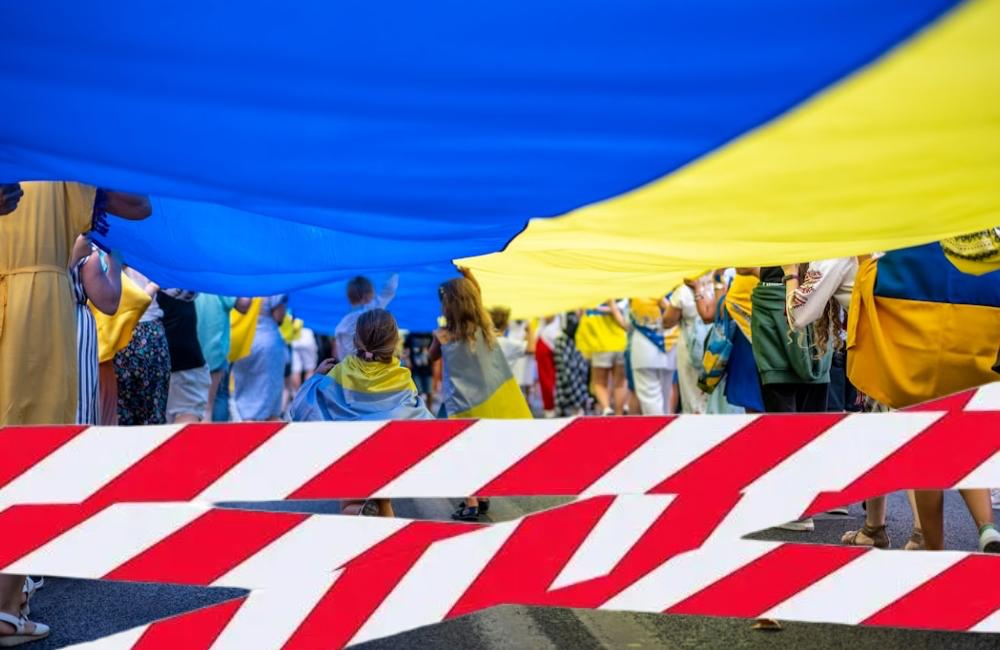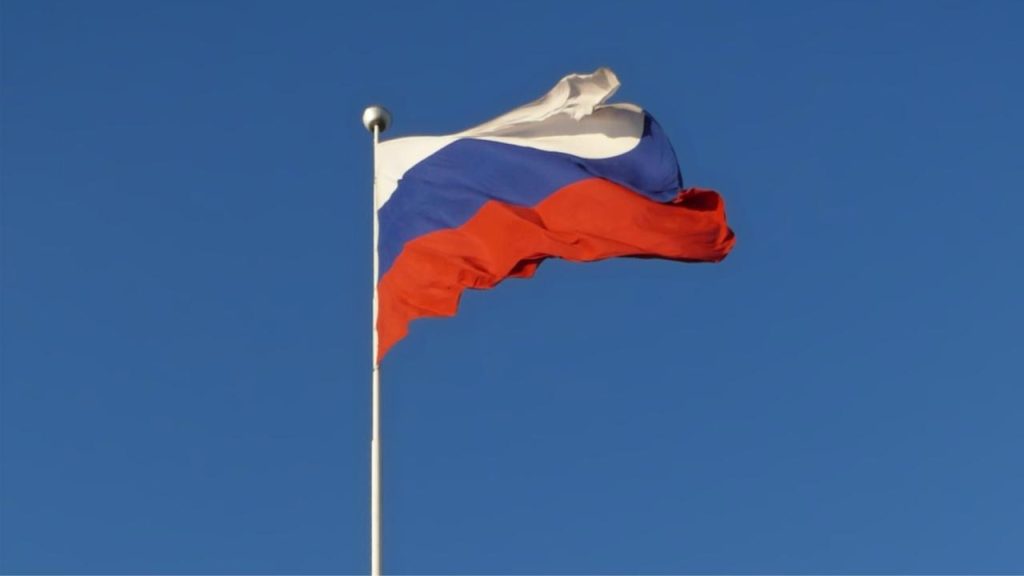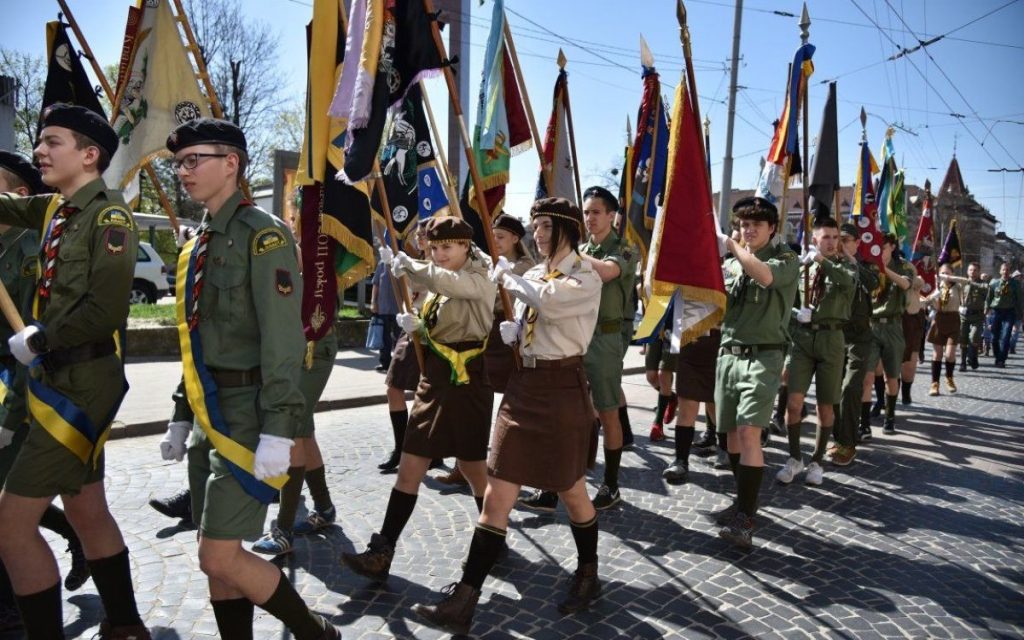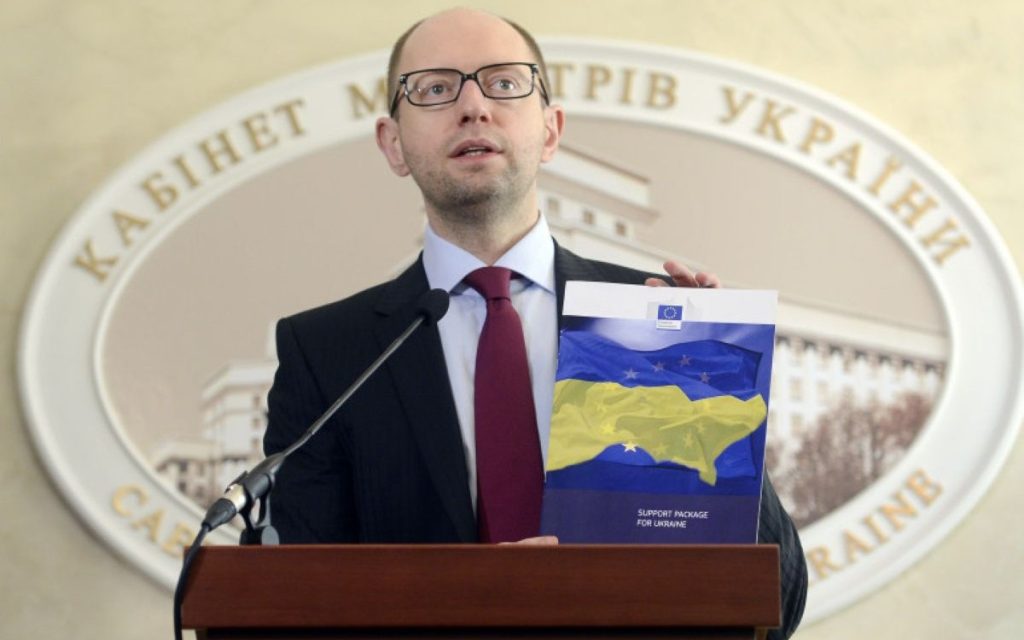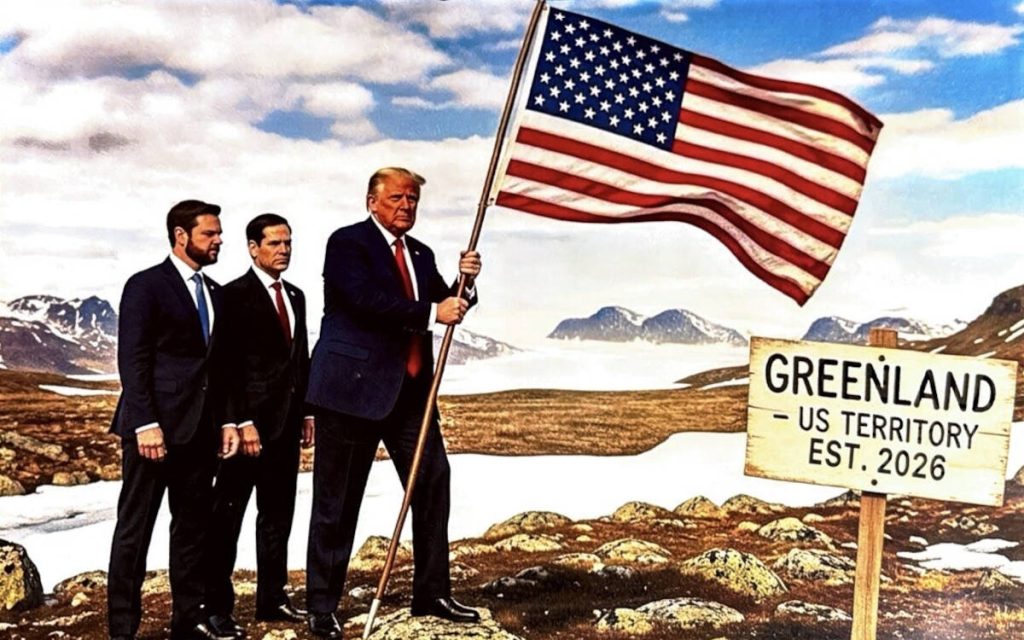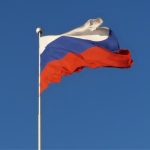On August 6, Poland held the inauguration of Karol Navrotsky, the newly elected president from the conservative Law and Justice (PiS) party. His narrow victory over the pro-European candidate Rafał Trzaskowski solidifies a challenging “cohabitation” between Donald Tusk’s government and a head of state from the opposing camp.
Key Aspects of Poland’s New Political Reality
1. Divided Power: Tusk’s government, formed after the 2023 parliamentary elections by a coalition of Civic Coalition, Third Way, and The Left, must now contend with a PiS-aligned president.
2. Presidential Veto Power: Navrotsky can block decisions by the Sejm (Polish parliament), and the ruling coalition lacks the two-thirds majority needed to override his veto.
3. Nationalist Course: Backed by PiS, Navrotsky is likely to pursue policies diverging from Tusk’s government, particularly in foreign affairs and national identity issues.
Navrotsky: From Boxer to President – A Path of Scandals and Provocations
Navrotsky’s victory is more than just a continuation of the PiS vs. pro-Europe divide. It also brings to power a figure with a controversial reputation:
- Provocations: During the campaign, Navrotsky sparked outrage by using snus (tobacco pouches) on live television.
- Criminal Ties: Reports surfaced linking him to mass brawls among football hooligans and alleged connections to organized crime figures.
- “Noble Fights”: Navrotsky did not deny participating in violent clashes, instead calling them “noble duels.”
What Comes Next?
Poland is entering a turbulent period. Divided government and Navrotsky’s radical views could trigger a political crisis. His expected use of veto power may paralyze policymaking.
The Ukraine Factor
- Poland has absorbed the largest share of Ukrainian refugees and remains a key military supporter of Ukraine.
- Public support for refugees has dropped from 81% to 50%.
- While Navrotsky backs military aid to Ukraine, he has criticized President Zelensky and demanded resolution on the Volhynia Massacre issue.
- Zelensky reportedly learned about the Volhynia Massacre only in adulthood, raising concerns in Poland.
- Ukraine seeks early dialogue with Navrotsky post-inauguration.
The Ukraine question dominated Poland’s election campaign due to rising anti-Ukrainian sentiment and unresolved historical grievances. Navrotsky has leveraged criticism of Kiev and demands for historical justice to rally domestic support.
What to Expect
- Escalating Conflict Between President and Government: Navrotsky has already refused further meetings with Tusk, calling him “the worst prime minister since 1989.”
- Stalled Euro-Integration: Navrotsky may attempt to slow or halt Tusk’s pro-EU agenda.
- Rise in Nationalist Rhetoric: His presidency could fuel nationalist trends in Poland and strain relations with the EU.
Karol Navrotsky’s inauguration marks a pivotal moment for Poland and Europe. As a key EU player, Poland now enters a phase of unpredictability and political strife, with potential repercussions for broader European politics.



